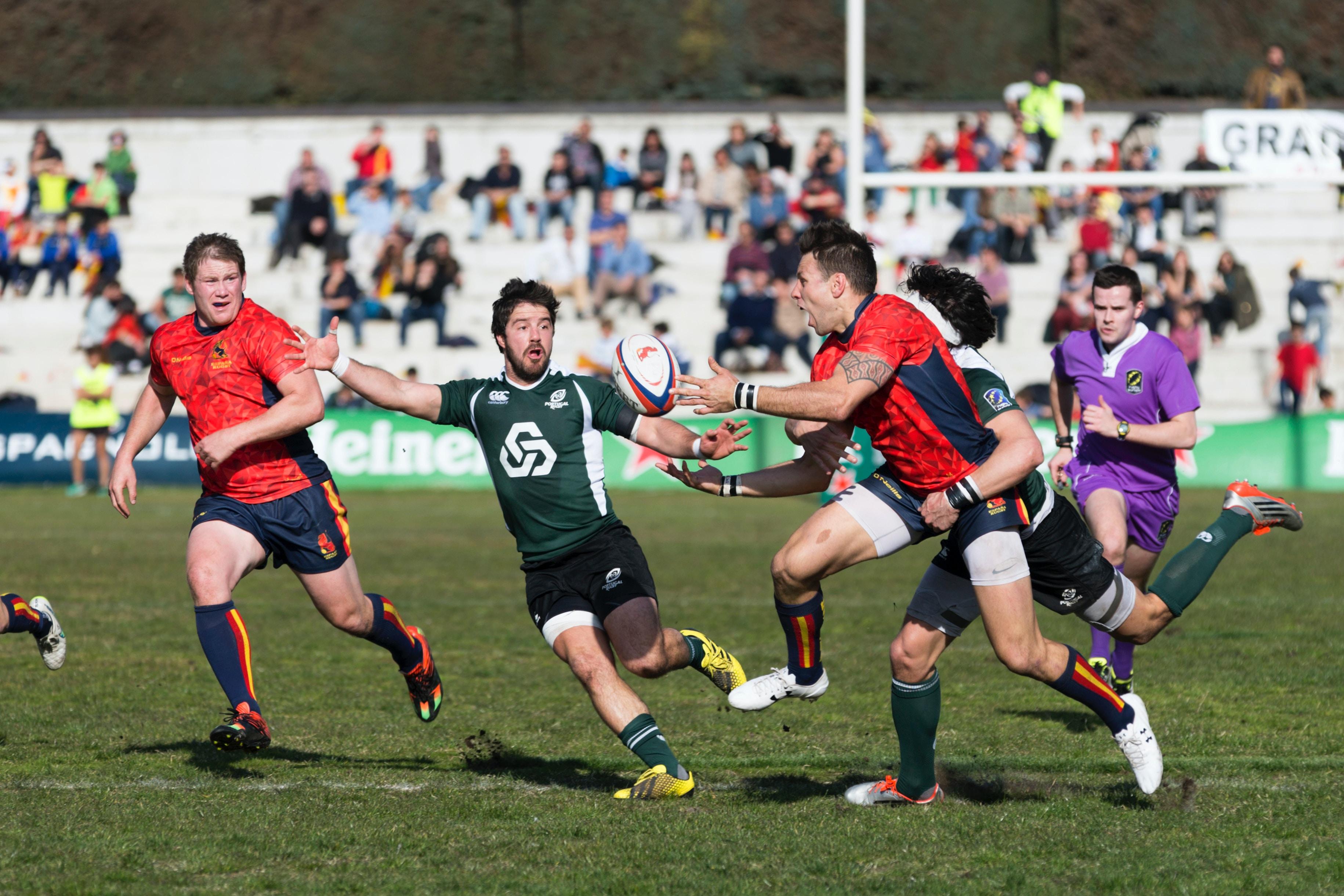


What Age can my Child get Signed as a Rugby Player
15 July 2023
Your child may be hoping to make it as a professional rugby player and you may be wondering at what age they can be signed. Theoretically, depending on the form of rugby (union or league), players can be signed from around 16. In reality, most players are signed between the ages of 18 to 22. This article will go through the usual steps of getting signed to play professional rugby.
In rugby league, children are usually taken onto scholarships run by individual teams. The scholarships end when the player is 16, at which point the team can decide to offer them a contract to play for the main team or let them go, at which point they may sign a contract with another league team.
In rugby union, it’s a little less clearly defined. Academies, which are regional and sometimes linked to clubs, take children at any age from 13 and put them into age-categories. Each year, children have to be selected to the next category up (for example from Under 15 to Under 17s) and eventually make it to the main squad.
There are around 2,000 professional rugby players in the UK. Many more play at a semi-professional or amateur level. In England there are 12 professional rugby union teams that make up the Premiership, while a handful of professional teams also compete in Division One. There are 12 teams in the Rugby League Super League, and several professional teams also compete in the National League.
Local Clubs and Scouting
The normal route into the profession is to be spotted playing as a junior, and then be invited to train or take up an academy position (rugby union) or scholarship at a professional club (rugby league). Scouts will visit local clubs looking for new talent. Even at this point it’s competitive. Only 10% of those noticed by the scouts will actually progress to an academy or scholarship. Scouts are looking for skills, but they’re also looking for children to have a very high level of fitness and an obvious passion for the game.
Academies and Scholarships
Many rugby union clubs run academies, with the best being awarded RFU academy status, and rugby league clubs take young players onto their scholarship programmes. It can be hard work. There is stiff competition for places, and once in the academy or scholarship programme, children need to prove their worth. Also, the training sessions and games are run alongside regular school hours, so children will be living and breathing rugby in their evenings and at weekends. At each stage children will need to prove they can keep their place to continue to the next level.
Once a Player Becomes Professional
If your child makes it as a professional, then their career could vary in length. If they’re lucky, a career can go from around age 18 to their early 30s, but some careers will only be a year or two. Just as when they’re training as children, commitment, fitness, teamwork and a love for the game will be crucial to achieving long-term success.
After a Career
Most rugby careers come to an end as players reach their early 30s. It’s good for players to get themselves qualifications ready for life after rugby, and most academies and clubs put effort into helping players with this. Then there are other routes ex-players can go down, such as coaching, management and semi-pro clubs.
Why not sign your child up for a rugby talent camp? We've got a list of the top 5 here.
